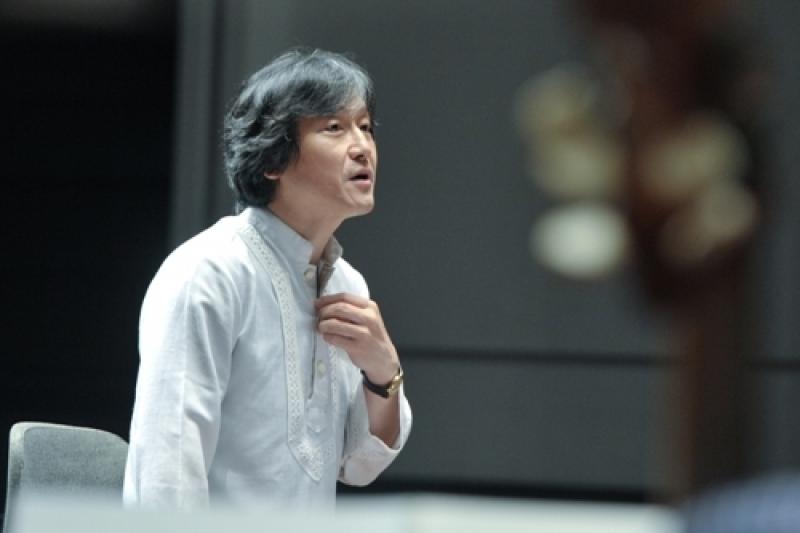


Gustav Mahler died, according to his wife Alma’s memoirs, at midnight on 18 May, 1911. Anyone mystically inclined to connect noughts and "o"s – you see it crossed my mind – might find some spooky link between 00:00 (pedantically, the time of death was 23:05) and the fact that, for this centenary concert, indisposed conductor OramO (Sakari) was belatedly replaced by OnO (Kazushi).
Gustav Mahler died, according to his wife Alma’s memoirs, at midnight on 18 May, 1911. Anyone mystically inclined to connect noughts and "o"s – you see it crossed my mind – might find some spooky link between 00:00 (pedantically, the time of death was 23:05) and the fact that, for this centenary concert, indisposed conductor OramO (Sakari) was belatedly replaced by OnO (Kazushi). What transpired was delight – near-delirium, in fact – that a supreme master had total control of the composer’s Second (Resurrection) Symphony: a theatrical celebration of life and death rather than a transcendental meditation, but a masterpiece still, if perfectly realised.
Links
[1] https://theartsdesk.com/users/david-nice
[2] https://www.addtoany.com/share_save
[3] https://theartsdesk.com/print/3719?page=0,1
[4] http://www.amazon.co.uk/s/ref=nb_sb_noss
[5] https://theartsdesk.com/classical-music
[6] https://theartsdesk.com/topics/cbso
[7] https://theartsdesk.com/topics/mahler
[8] https://theartsdesk.com/topics/birmingham
[9] https://theartsdesk.com/topics/japan
[10] https://theartsdesk.com/topics/reviews